
Free Speech on Campus
In the wake of the Israel/Hamas war
Thursday, January 30, 2025
Panel overview
The Center for Constitutional Design at the Sandra Day O’Connor College of Law, Arizona State University, is pleased to present a panel discussion by four of the nation’s leading free speech experts on the difficult issues arising on American campuses from the conflict in the Middle East.
The panel will explore, among other issues, the line between legitimate protest and unacceptably disruptive activity; the relationship between antizionist and antisemitic speech; and whether restrictions on campus expression has unduly suppressed pro-Palestinian speech.
Registration has closed for this event as it has reached capacity.
Agenda
5:00 – 5:30 p.m.
Doors open and check-in
5:30 – 7:30 p.m.
Welcome from Angela Banks
Panelist discussion
Location
Beus Center for Law and Society
111 East Taylor Street, Phoenix AZ, 85004
W.P. Carey Foundation Armstrong Great Hall
Featured speakers
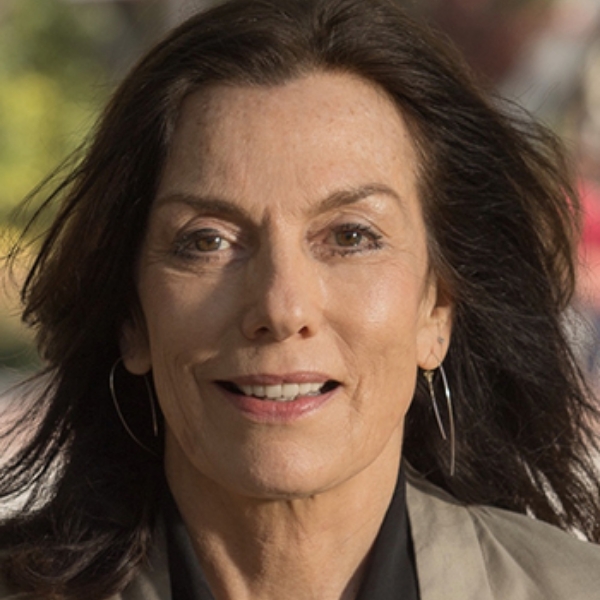
Rebecca Brown
Professor of Law, USC
Rebecca L. Brown holds the Rader Family Trustee Chair in Law at the USC Gould School of Law, where she has been awarded the William A. Rutter Distinguished Teaching Award. She joined the USC faculty in 2008 after teaching at Vanderbilt Law School for 20 years. She served as a law clerk to Associate Justice Thurgood Marshall, as an Attorney-Advisor in the Office of Legal Counsel of the Department of Justice, and as an associate at the law firm of Onek, Klein and Farr.
Professor Brown has written in constitutional law and theory, including The Harm Principle and Free Speech, 89 S. Cal. L. Rev. 953 (2016), Common Good and Common Ground: The Inevitability of Fundamental Disagreement, 81 U. Chicago L. Rev. 397 (2014); How Constitutional Theory Found Its Soul: The Contributions of Ronald Dworkin, in Exploring Law’s Empire (Oxford University Press, 2006); Tradition and Insight, 103 Yale L.J. 177 (1993). She is co-authoring with Lee Epstein and Adam Liptak, a textbook on Free Speech on Campus, forthcoming 2025.
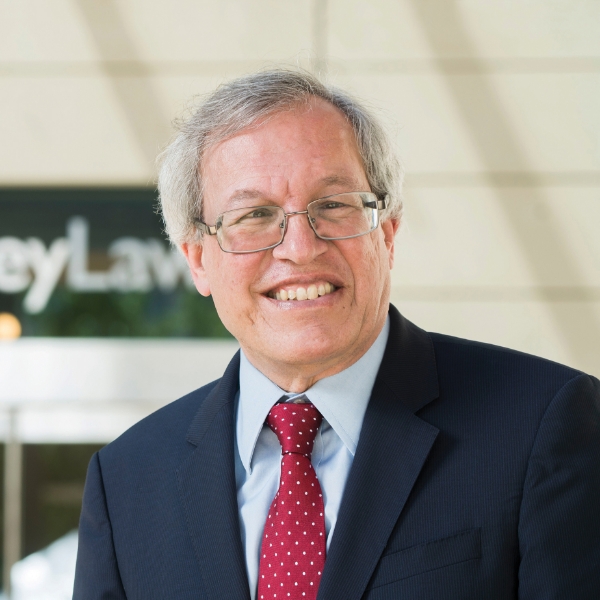
Erwin Chemerinsky
Dean, Berkeley Law
Erwin Chemerinsky became the 13th Dean of Berkeley Law on July 1, 2017, when he joined the faculty as the Jesse H. Choper Distinguished Professor of Law.
Prior to assuming this position, from 2008-2017, he was the founding Dean and Distinguished Professor of Law, and Raymond Pryke Professor of First Amendment Law, at University of California, Irvine School of Law. Before that he was the Alston and Bird Professor of Law and Political Science at Duke University from 2004-2008, and from 1983-2004 was a professor at the University of Southern California Law School. From 1980-1983, he was an assistant professor at DePaul College of Law.
He is the author of twenty books, including leading casebooks and treatises about constitutional law, criminal procedure, and federal jurisdiction. His most recent major book, No Democracy Lasts Forever: How the Constitution Threatens the United States, was published in August 2024.
He also is the author of more than 200 law review articles. He is a contributing writer for the Opinion section of the Los Angeles Times, and writes regular columns for the Sacramento Bee, the ABA Journal and the Daily Journal, and frequent op-eds in other newspapers. He frequently argues appellate cases, including in the United States Supreme Court.
In 2024, National Jurist magazine again named Dean Chemerinsky as the most influential person in legal education in the United States. In 2022, he was the President of the Association of American Law Schools. He received his B.S. at Northwestern University and his J.D. at Harvard Law School.
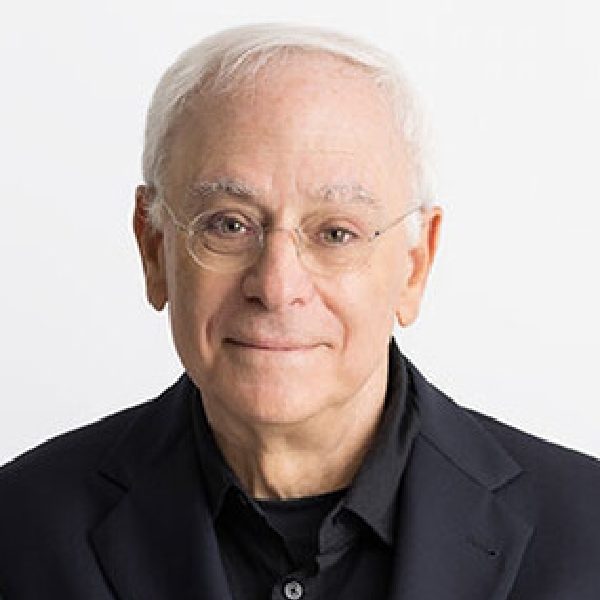
Robert Post
Professor of Law, Yale
Robert Post is Sterling Professor of Law at Yale Law School. He served as the School’s 16th dean from 2009 until 2017. Before coming to Yale, he taught at the University of California at Berkeley School of Law. Post specializes in constitutional law, with a particular emphasis on the First Amendment. Post has written and edited numerous books, including The Taft Court: Making Law for a Divided Nation, 1921-1930 (1924), which is Volume 10 of the Oliver Wendell Holmes Devise History of the Supreme Court of the United States; Citizens Divided: A Constitutional Theory of Campaign Finance Reform (2014), which was originally delivered as the Tanner Lectures at Harvard in 2013; Democracy, Expertise, Academic Freedom: A First Amendment Jurisprudence for the Modern State (2012), which was originally delivered as the Rosenthal Lectures at Northwestern University; For the Common Good: Principles of American Academic Freedom (with Matthew M. Finkin, 2009), which has become a standard reference for the meaning of academic freedom in the United States; and Prejudicial Appearances: The Logic of American Antidiscrimination Law (2001), which was originally delivered as the Brennan Lectures at Berkeley.
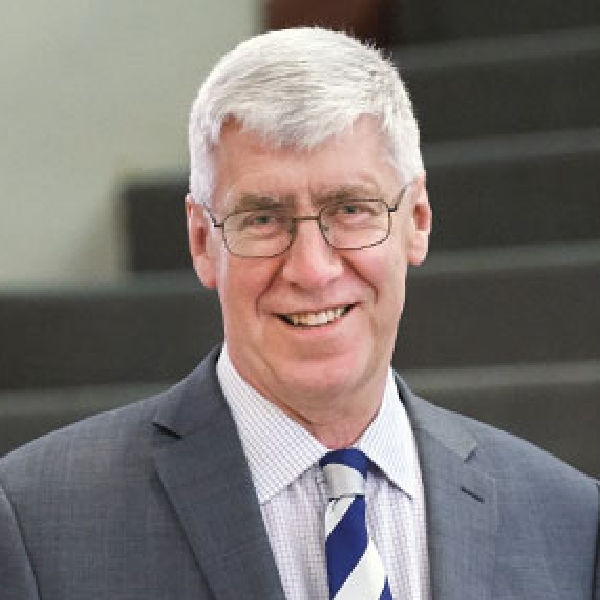
Jeremy Waldron
Professor of Law, NYU
Jeremy Waldron is a University Professor and Professor of Law at New York University. Professor Waldron was educated in New Zealand and at Oxford, and his career has included appointments at Edinburgh, Berkeley, Princeton, and Columbia. Between 2010 and 2014, he combined his position at NYU with the Chichele Chair in Social and Political Theory at All Souls College, Oxford. Waldron is well known for his work on constitutionalism, democracy, dignity, historic injustice, national security issues, and the rule of law, as well as historic political philosophy. His books include Torture, Terror and Trade-offs: Philosophy for the White House (Oxford, 2010), The Harm in Hate Speech (2012), One Another’s Equals (Harvard 2017), and Thoughtfulness and the Rule of Law (Harvard 2024). Professor Waldron was elected to the American Academy of Arts and Sciences in 1998 and, in 2015, to the American Philosophical Society (which also awarded him its Phillips Prize for Lifetime Achievement in Jurisprudence). He has been a Fellow of the British Academy since 2011. He has delivered major lectures around the world from Buenos Aires to Jerusalem, including the Seeley Lectures at Cambridge, the Carlyle Lectures at Oxford, the Storrs Lectures at Yale, the Holmes Lectures at Harvard, the Tanner Lectures at Berkeley, the Gifford Lectures at Edinburgh, and the Niemeyer Lectures at Notre Dame.
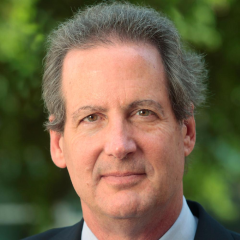
James Weinstein
Moderator; Professor of Law, ASU
Professor Weinstein’s academic interests are constitutional law, especially free speech, as well as jurisprudence and legal history. He is co-editor of Extreme Speech and Democracy (Oxford University Press 2009, paperback edition 2010) and the author of Hate Speech, Pornography and the Radical Attack on Free Speech Doctrine (Westview Press 1999). He has written numerous articles in law review symposia on a variety of free speech topics, including free speech theory, obscenity doctrine, institutional review boards, commercial speech, database protection, campaign finance laws, the relationship between free speech and other constitutional rights, hate crimes, campus speech, regulation of disinformation, and online harassment. Professor Weinstein has litigated several significant free speech cases, primarily on behalf of the Arizona Civil Liberties Union. During the Spring 2024 semester, Professor Weinstein was a visiting professor at Yale University, where he taught an undergraduate course on free speech on campus.
Sponsors and inquiries
This event is co-sponsored by the School of Civic and Economic Thought and Leadership at ASU; ASU Jewish Studies; and the Center for the Study of Religion and Conflict at ASU.
For more information or questions, please email Jennifer Sanchez.